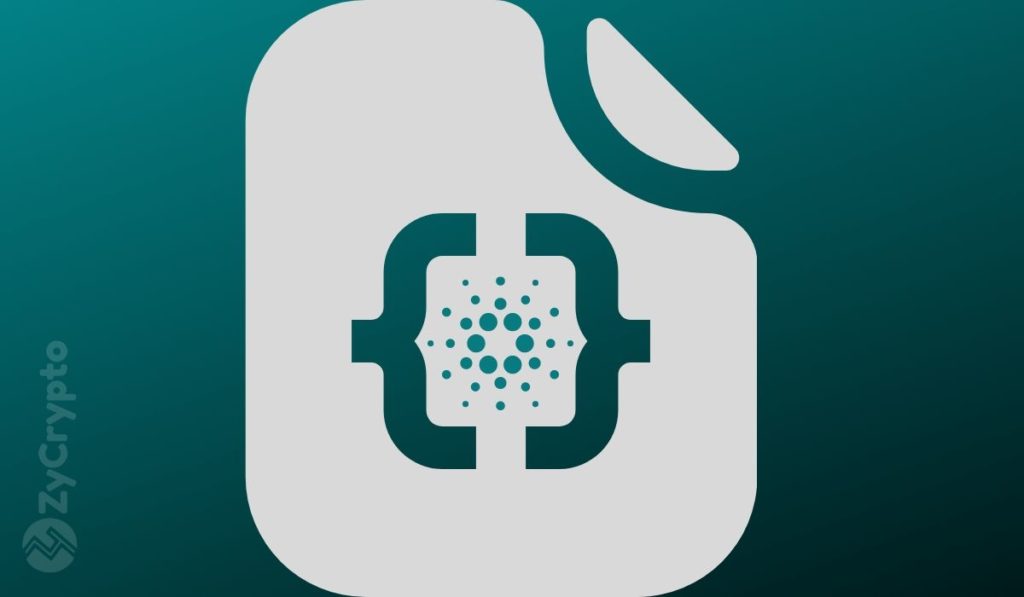Cardano has made history in the last 24 hours after higher-stake staking pools (SPOs) on Shelley network mined blocks on epoch 211. The first publicly mined block was done by staking whale 1 Percent Pool, which is currently running 28 SPOs on Shelley.
IOHK has congratulated all the staking pools that managed to mine a block, with Cardano’s creator Charles Hokinson promising to fund some commemorative merch for these staking pools.
SPO operators and ADA delegators will now get a taste of their first earnings from Shelley Mainnet. The pool rewards are calculated as a percentage of the blocks vs. the blocks they could have made as well as the collective amount of transaction fees.
Cardano allocated 10% block mining responsibility to staking pools by setting its decentralization factor (d) to 0.9 and plans to gradually reduce the number to zero. At zero, staking pools will have 100% responsibility to mine blocks in each epoch.
The news follows a new record for Cardano’s SPOs, which has hit 1000 staking pools with a total of $12.19 billion in ADA delegated by over 29236 addresses.
Why Is The d Value Important To SPOs?
Shelley crossed over to epoch 211 at 21: 44 UTC time on august 13, and plans to hold the d value at 0.9, in a slow unraveling process that will probably see epoch 212 reduce it to 0.8. When the d value gets reduced to 0.8, allowing even more staking pools with less ADA to earn rewards.
“After holding d at 0.9 for epoch 211, assuming all goes well, we’ll likely lower d straight to 0.8 in epoch 212, thereby expanding community responsibility to 20% of all block production.”
The high d value means that only 20-30% of staking pools which have a minimum of 4.72 million ADA managed to create a block during epoch 211. This leaves the rest 75% of staking pools waiting for lower d values to start earning staking rewards according to an analysis done by an SPO named ViperStakePool.
“The stake snapshot for epoch 212 just occurred today (8/13), and it’s more of the same story. A stake pool needs at least 4.49M ₳ to expect to make a single block during the epoch. Only the top 25% of pools can expect to make a block every epoch with the current parameters.”
Apart from a recent setback from a node update that forced Cardano to issue an emergency shift for stake pool operators to an earlier version, Shelley’s development seems to be going smoothly.
Things on the governance side are also starting to roll, with the release of Project Catalyst that launched Fund 1, to experiment on decentralized governance under Voltaire. However, ADA’s price hasn’t shown a notable reaction to both of these developments and is currently trading at $0.13, a 1.66% increase in 24 hours.



















